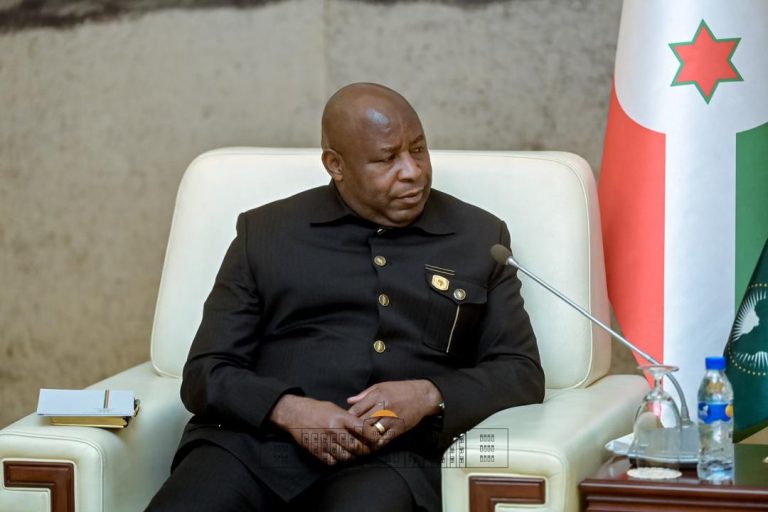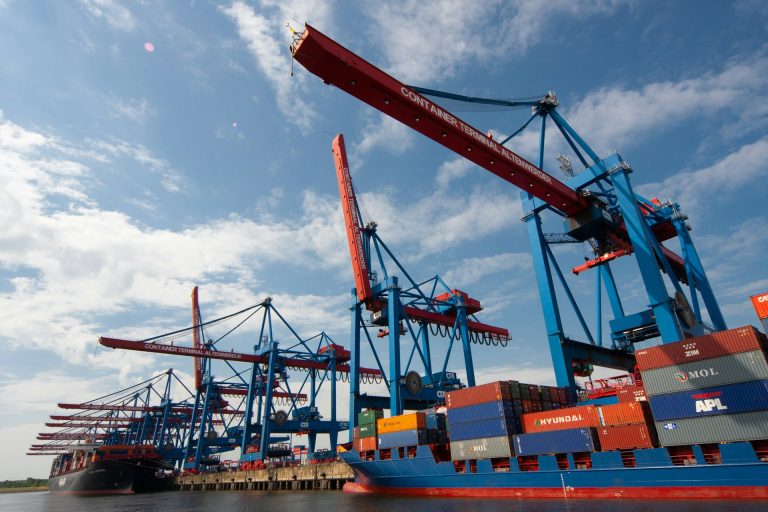- AFC and ASSA launch landmark initiative to tap Africa’s savings
- Programme targets infrastructure, reforms, and reduced Eurobond reliance
An Africa-wide initiative to mobilise more than $1 trillion in institutional savings for infrastructure and private sector-led growth was unveiled last week at the UN General Assembly.
The “Africa Saving for Growth” programme – launched by the Africa Finance Corporation (AFC) and the Africa Social Security Association (ASSA) – seeks to redirect pension, insurance, and sovereign wealth funds into transformative projects. The effort was introduced under the Global Africa Business Initiative (GABI), a platform of the UN Global Compact.
The AFC estimates that African institutional investors collectively hold at least $1.17 trillion in assets. Yet most of this remains locked in short-term, low-yield instruments. The new initiative aims to channel those resources into roads, power grids, industrial parks and cross-border trade infrastructure – while safeguarding pension obligations.
The programme is anchored on five priorities:
– creating a comprehensive, market-accessible capital-pools database,
– advancing a roadmap for policy reforms,
– mobilising savings through country-level strategies,
– promoting allocation diversification models, and
– delivering high-impact projects to spur productivity and social development.
Participating institutions include Morocco’s CDG Group, one of Africa’s largest asset managers, and national social security funds from 15 countries, which together hold over $54 billion in pension assets.
“Africa-led investment is the most effective way to quickly achieve the scale of transformation we need while catalysing international support for the continent’s infrastructure,” said Samaila Zubairu, President and CEO of the AFC. “This initiative is about Africans coming together to put our own capital to work for Africa’s growth.”
Reducing debt dependence
Analysts say the strategy could ease Africa’s reliance on Eurobond markets, where rising borrowing costs have strained public finances. By deploying domestic savings, governments may reduce issuance and ease pressure on sovereign spreads.
“Redirecting domestic savings into productive assets rather than foreign-denominated Eurobonds is a major step toward fiscal sustainability,” said Dr Chinedu Okafor, senior economist at Rand Merchant Bank. “This could ease the region’s growing debt burden while creating long-term returns for pensioners and workers.”
Beyond fiscal relief, shifting capital towards domestic infrastructure could reduce exposure to global shocks such as dollar liquidity shortages or US Federal Reserve rate hikes. Frontier economies including Ghana, Nigeria and Kenya could see investors reassess their risk premiums.
Development experts stress the broader economic impact. “Every $1 invested in infrastructure has the potential to yield $2–3 in GDP growth over time,” said Professor Amina Bello of the University of Lagos. “This initiative, if well executed, could fundamentally transform Africa’s industrialisation and intra-continental trade.”
Although moving savings into long-term assets may tighten short-term liquidity, the initiative could create frameworks to de-risk projects, attract foreign direct investment, and anchor blended-finance models backed by pension guarantees.
If successful, the effort could improve sovereign credit profiles, reduce budgetary pressures, and make African economies less dependent on the volatile international debt markets. Over time, lower Eurobond spreads may also benefit global investors holding African debt.











